|
Today the world marks the International Day Against Homophobia, Transphobia and Biphobia. In this special edition we feature previously published articles that address some of the big issues and debates in Africa.
Most African countries still have repressive anti-gay laws and people of different sexualities experience discrimination, isolation and even violence. This is certainly the case in Zimbabwe, where discrimination extends to all spheres of life and makes it difficult for members of the LGBTIQ community to access healthcare. Candice Chikura-Mtwazi explains how tackling the country’s repressive and outdated laws could ease the situation.
In South Africa the critically acclaimed film, Inxeba (The Wound), which was shortlisted for best foreign language film at the 2018 Academy Awards, was banned earlier this year by the country’s censors after an outcry by traditionalists and populist politicians. As Wamuwi Mbao writes, the decision didn’t come as a surprise. Even though the country’s Constitution protects gay rights, violence and abuse towards members of LGBTIQ communities is routine.
|
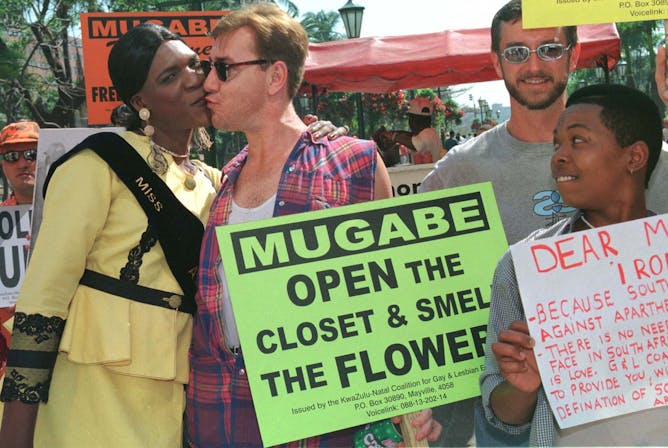
Zimbabwe’s LGBT community has long struggled to gain recognition, protection and support.
Reuters/Juda Ngwenya
Candice Chikura-Mtwazi, University of Kent
Zimbabwe’s new president, Emmerson Mnagagwga has offered a glimmer of hope to LGBT people in the country.
|
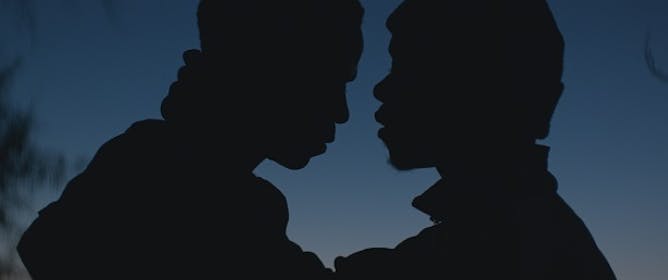
A scene from ‘Inxeba’.
Supplied
Wamuwi Mbao, Stellenbosch University
The banned film Inxeba certainly deserves more than to languish in the mire of South African scandal.
|
|
|
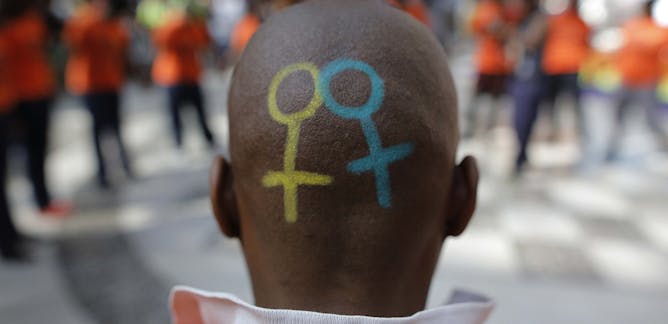
Mzi Nduna, University of the Witwatersrand; Dominic Targema Abaver, Walter Sisulu University
Many people use religion and culture as explanations for their homophobic attitudes.
| |
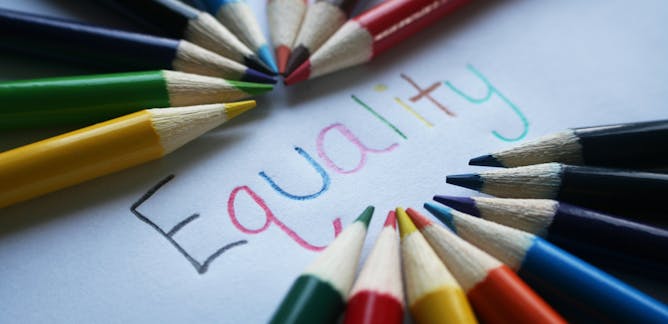
Annamagriet de Wet, North-West University
Sexual equality should not be mere letters and words in laws. Rather, people - in this case student teachers - must understand sexual equality as a lived reality.
|
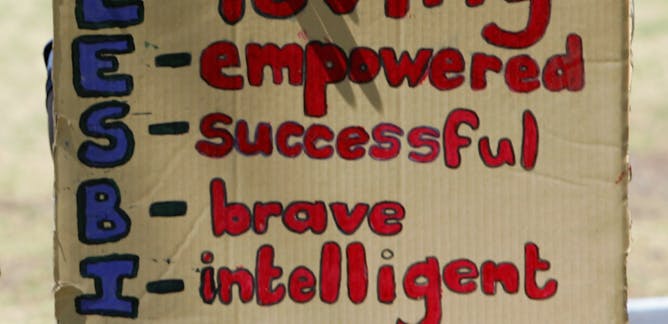
Jabulani Kheswa, University of Fort Hare
Family support, being valued in their own homes and enjoying strong support from their social structures helped instill lesbians in a conservative South African province with a strong sense of self.
| |
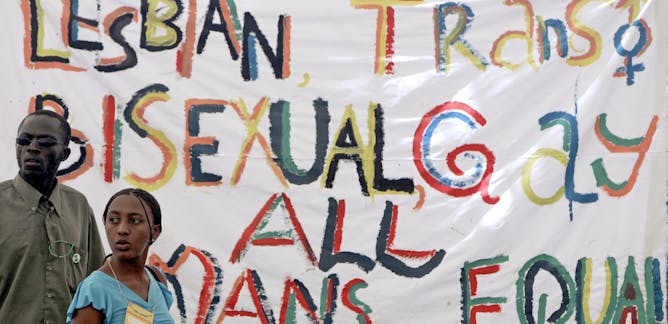
Frans Viljoen, University of Pretoria
A dispute between the African Union's executive and the commission responsible for overseeing human rights could weaken the protection of peoples' rights.
|
|
|